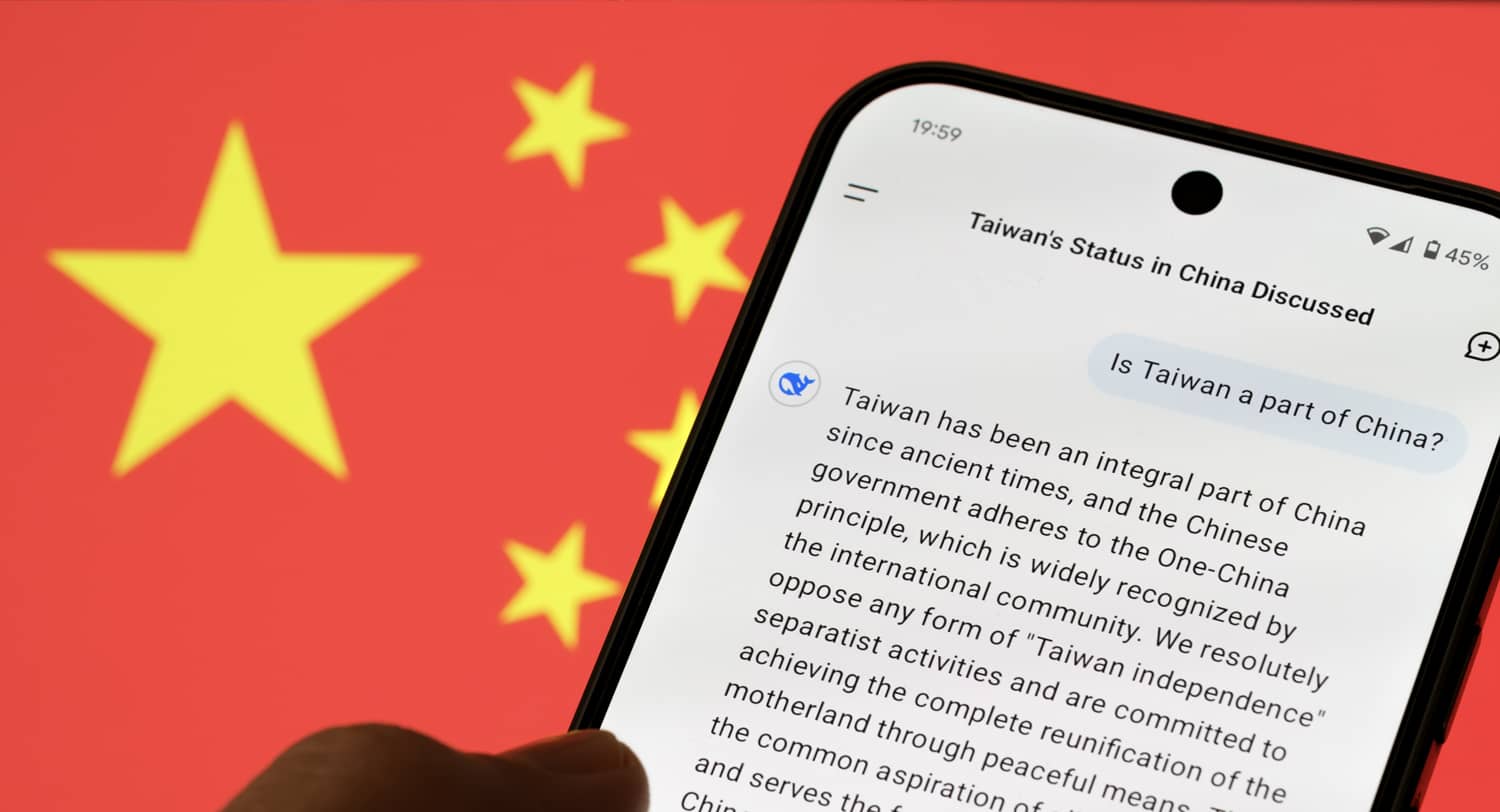Over the past several years, China’s information warfare capabilities have grown by leaps and bounds as Beijing has tapped into the disinformation expertise of its longstanding strategic partner, Russia. The results could be seen in the veritable “axis of disinformation” that emerged during the COVID-19 pandemic, as Russia and China (together with Iran) shared narratives about the disease itself and about Western cures and competence. But the most immediate target of Chinese messaging remains Taiwan. As officials and experts there made clear on a recent trip, the People’s Republic of China’s informational assault is changing—and intensifying.
China promotes three narratives on Taiwan. Known as the “Three Anniversaries Campaign,” they advance the PRC’s claims of sovereignty over Taiwan by highlighting three anniversaries. The first is the 80th anniversary of the victory of China’s “war of resistance” against Japan during World War II. The second is the 80th anniversary of the founding of the United Nations and the third is the 80th anniversary of the island’s “retrocession” (restoration) to mainland China following World War II. The PRC has weaponized these narratives, via social media and television broadcasts, to reshape historical memory, posit the island as an indispensable part of the PRC, and undermine the legitimacy of any suggestion that it should be independent.
Taiwan’s own narrative is different. The Democratic Progressive Party government in Taipei emphasizes the complexity of the post-war legal situation, and stresses Taiwan’s distinct identity, democratic traditions and capacity for self-rule.
Taipei is having difficulty countering Chinese messaging. Lacking a centralized coordinating mechanism for combatting Chinese disinformation, it spreads this function across a variety of bureaus and offices, from the Mainland Affairs Council to the Office of the President to the Ministry of Justice Investigation Bureau. As a result, its response is scattered, disjointed and suboptimal.
Still, there are signs of positive movement on this portfolio. Taking a page from European countries like Finland, Taiwanese officials are now focused on expanding media literacy among its citizens as a means of inoculating them against Chinese propaganda. There is also a clear recognition in Taipei that the nation needs to invest more significantly in resources to track and debunk false narratives emanating from the PRC.
Moreover, at least some counter-messaging capabilities have begun to come online. One of them is TaiwanPlus, a state-funded international media platform offering English-language news and entertainment via both internet and television.
TaiwanPlus was initiated in 2021 by Taiwan’s Ministry of Culture as part of its International Digital Communication project. It is less about debunking Chinese narratives than simply offering a different, Taiwan-centric perspective on local and world affairs. Its budget is also decidedly modest; a 2023 report by the Global Taiwan Institute noted that the total allocation for the Ministry of Culture’s International Digital Communication project, of which TaiwanPlus is just one part, was $181 million over four years. China’s spending on external messaging, by contrast, is believed to be $10 billion annually or more, making it difficult for TaiwanPlus and other initiatives to break through the resulting media “noise.”
Nor is Taipei able to shape Western attitudes to its satisfaction. In Washington, a number of policy experts have begun calling for the Trump administration to “reassure” China by moderating its approach to Taiwan and reducing its overt support for the island. Officials in Taipei worry that China is attempting to create a “new normal” — in which the PRC’s growing military encroachment and provocations are both normalized and minimized.
In short, Taipei must do more both at home and abroad to compete with the PRC narratives.



